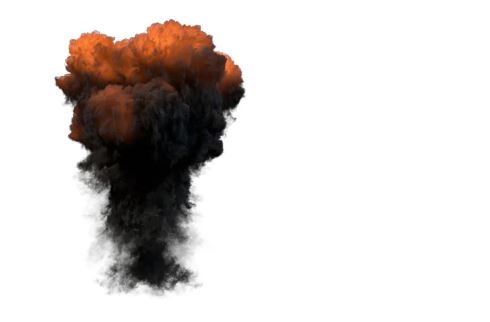Draft Explosives Bill, 2024
In recent news, the government is planning to introduce the draft Explosives Bill, 2024, as a replacement for the Explosives Act, 1884. The Department for Promotion of Industry and Internal Trade (DPIIT) has proposed raising fines for violation of regulations and enhancing the efficiency of licensing procedures.
Introduction
Explosives encompass gunpowder, nitroglycerin, nitroglycol, dinitrotoluene, and picric acid. These materials are highly regulated due to their volatile nature and potential risk to public safety if mishandled.
Proposed Provisions of the Explosives Bill 2024
- The Union government under the proposed Explosives Bill 2024 will designate the authority responsible for granting, suspending, or revoking licences, as well as carrying out other specified functions under the new legislation.
- Currently, the Petroleum and Explosives Safety Organisation (PESO) operating under the DPIIT is the regulatory body responsible for issuing licenses related to explosives.
About Petroleum and Explosives Safety Organisation (PESO)
- The organization has earned rare distinction as an institution of excellence in matters related to safety in manufacturing/refining, storage, transportation, handling and use of hazardous substances for over a century.
- Apart from the normal functions of enforcement of statutory safety regulations to safeguard public safety, life, property and environment, the organization has rendered meritorious voluntary services in examination and disposal of explosives, improvised explosives devices till late eighties of the last century, some of which were of national importance encountered during freedom struggle of the country, terrorist activities in different regions in the country.
- Till early nineties of the last century, the officers of the organization were carrying out anti-sabotage checks and duties related to VVIP security, Airport Security etc.
Enhanced Fines and Penalties
- The draft bill suggests that a licensee found violating regulations by engaging in manufacturing, importing, or exporting explosives may face imprisonment for up to three years, a fine of Rs 1,00,000, or both.
- This is an increase from the current Explosives Act, which stipulates a prison term of three years and a fine of Rs 50,000 for similar violations.
Regulatory Oversight and Compliance
The proposed bill also specifies that the licensing authority will outline in the license the quantity of explosives that a licensee can manufacture, possess, sell, transport, import, or export for a specified period, as prescribed. This stringent oversight aims to ensure compliance with safety regulations and prevent unauthorized or unsafe handling of explosives.
About Historical Background of the Explosives Act, 1884
The Explosives Act of 1884 was enacted during British colonial rule in India to regulate the manufacture, storage, possession, use, sale, import, and export of explosives. Over the years, the Act has been amended multiple times to address emerging challenges and update safety standards based on technological advancements. These updates are crucial to maintaining regulatory effectiveness and ensuring that the industry operates in a safe manner.
Month: Current Affairs - May, 2024
Category: Legal & Constitution Current Affairs







